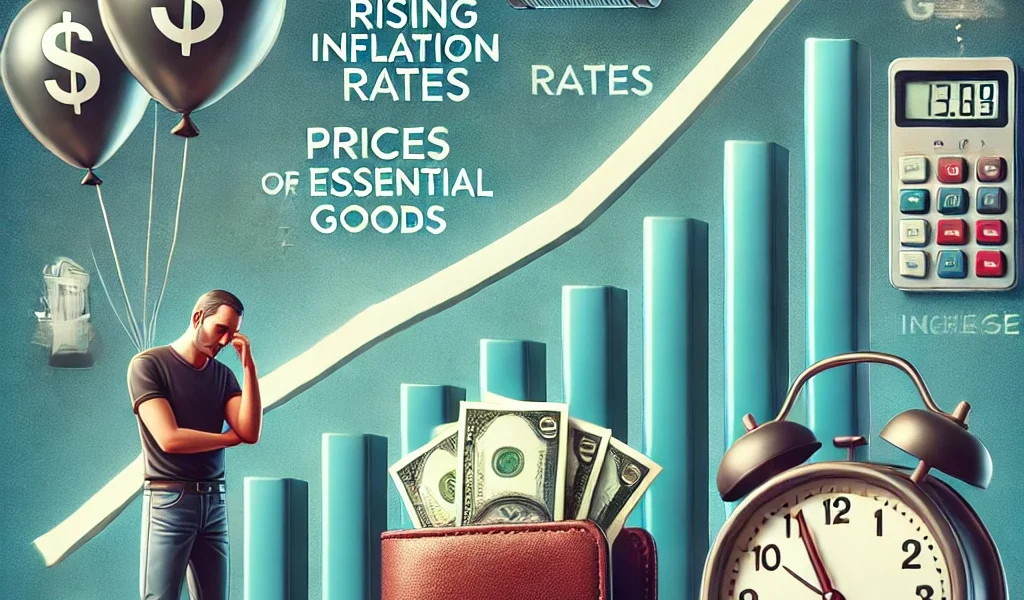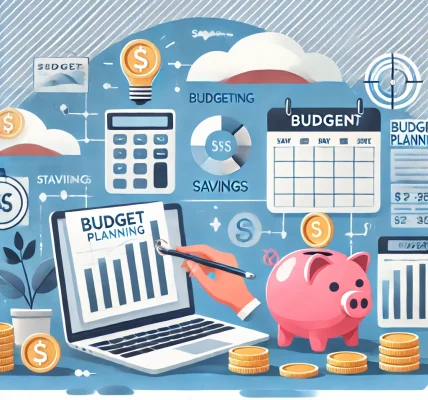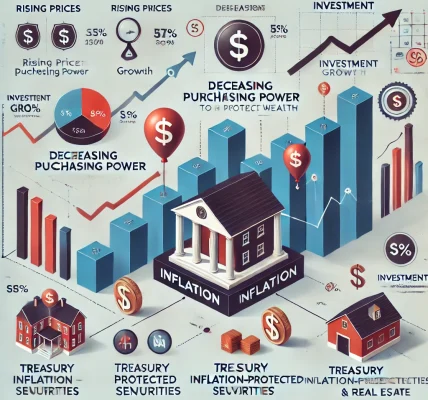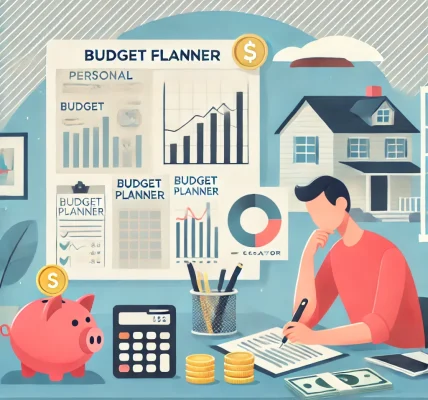Introduction
Inflation is an economic phenomenon that affects the purchasing power of money over time. As prices of goods and services rise, the value of currency diminishes, directly impacting personal finances. Understanding inflation and its effects can help individuals and businesses take proactive measures to safeguard their wealth. This article explores the impact of inflation on your finances and offers strategies to stay ahead.
1. Understanding Inflation
Inflation refers to the general increase in the prices of goods and services over a specific period. It is typically measured by the Consumer Price Index (CPI) and the Producer Price Index (PPI). Inflation occurs due to several factors, including increased demand, rising production costs, and expansionary monetary policies.
Types of Inflation:
- Demand-Pull Inflation: When demand for goods and services exceeds supply, prices rise.
- Cost-Push Inflation: Higher production costs, such as wages and raw materials, lead to price increases.
- Built-In Inflation: Expectations of future inflation drive businesses to raise prices and employees to demand higher wages.
2. How Inflation Affects Your Finances
Inflation influences various aspects of personal and business finances, often leading to economic uncertainty. Here are key ways inflation impacts financial stability:
a. Reduced Purchasing Power
As inflation rises, the cost of essential goods and services increases, reducing your ability to buy the same quantity of goods with the same amount of money. For example, if inflation is 5%, an item that costs $100 today will cost $105 next year.
b. Savings and Investments
Inflation erodes the value of savings if the interest rate on savings accounts does not keep pace with inflation. Similarly, fixed-income investments, such as bonds, may generate lower real returns when inflation is high.
c. Increased Cost of Borrowing
Inflation often leads to higher interest rates as central banks attempt to control rising prices. This results in increased mortgage, credit card, and loan payments, making debt repayment more expensive.
d. Retirement Planning Challenges
Retirees relying on fixed income may find their purchasing power diminishing due to inflation. Without proper planning, they may struggle to cover essential expenses, such as healthcare and housing.
e. Business Profitability
Inflation affects businesses by increasing production costs and reducing consumer purchasing power. Companies may struggle to maintain profit margins if they cannot pass these costs onto consumers.
3. How to Stay Ahead of Inflation
a. Invest Wisely
Investing in assets that outpace inflation can help preserve wealth. Consider the following options:
- Stock Market: Historically, stocks have provided returns that exceed inflation over the long term.
- Real Estate: Property values tend to appreciate over time, serving as a hedge against inflation.
- Commodities: Gold, silver, and oil often rise in value during inflationary periods.
- Treasury Inflation-Protected Securities (TIPS): These government-backed securities adjust for inflation, protecting purchasing power.
b. Increase Income Streams
Relying on a single income source may be risky during inflationary periods. Consider:
- Starting a Side Business: Additional income from freelancing or entrepreneurship can provide financial security.
- Investing in Passive Income Sources: Dividend-paying stocks, rental properties, or peer-to-peer lending can offer inflation-adjusted returns.
c. Adjust Budget and Spending Habits
- Prioritize Essential Purchases: Focus on necessities and avoid unnecessary expenses.
- Buy in Bulk: Purchasing non-perishable items in bulk can help counter rising prices.
- Use Discounts and Loyalty Programs: Take advantage of cashback offers and store discounts to reduce costs.
d. Manage Debt Wisely
- Refinance High-Interest Loans: Lock in lower interest rates before inflation drives them higher.
- Avoid Unnecessary Borrowing: Accumulating debt with high-interest rates can become burdensome in an inflationary economy.
e. Optimize Savings
- Choose High-Yield Savings Accounts: Look for accounts that offer interest rates close to or above inflation.
- Diversify Investments: Diversifying assets reduces the risk of financial losses due to inflation fluctuations.
- Consider Inflation-Adjusted Retirement Plans: Some pension plans offer cost-of-living adjustments to maintain purchasing power.
f. Stay Informed
Understanding economic trends and inflation forecasts can help you make informed financial decisions. Follow financial news, consult financial advisors, and adjust investment strategies accordingly.
Conclusion
Inflation is an unavoidable aspect of the economy, but its effects can be managed with proper financial planning. By investing wisely, diversifying income sources, adjusting spending habits, and managing debt effectively, individuals can safeguard their financial future. Staying ahead of inflation requires continuous learning and proactive decision-making, ensuring long-term financial stability and security.



